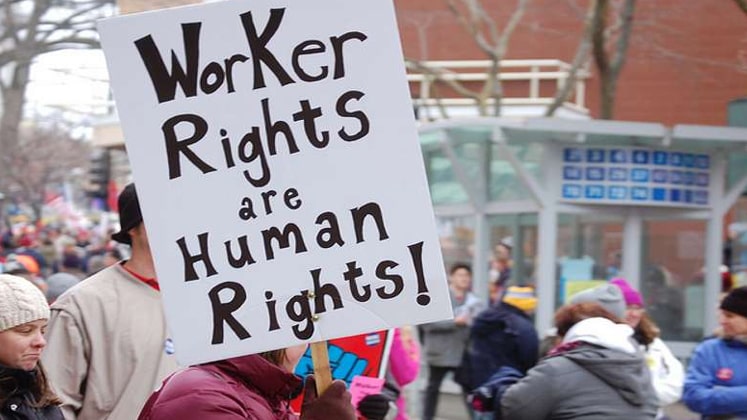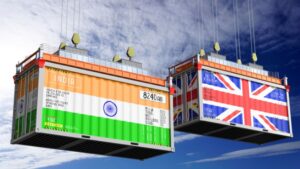Sourcing more than US $ 700 million apparels, footwear and an array of other industries in India, dozens of brands and international trade bodies have approached and written a letter to Indian Prime Minister and various other ministries regarding the recent changes in labour laws in various Indian states and asked to interfere in the matter.
These brands and retailers strongly believe that the proposed changes would seriously jeopardise the safety, security and well-being of workers in India.
To mention few such brands are adidas, C&A, Best Seller, Social Clothing Company, Hugo Boss, Esprit, Lacoste, New Look, Next, Primark, Odlo, Superdry and many more.
The letter reads, “We care about the rights of workers in these sectors and ask that you consider our views, and the views expressed by the business and civil society organisations, in assessing the state-proposed initiatives.”
These retail giants urged the Indian Government to ensure that the restrictions on labour laws promoted by the State Governments are not implemented. Besides, they seeked the Government to encourage the State Governments to consult affected stakeholders, including trade unions, before proposing additional changes to state labour laws in addition to ensuring all eight fundamental ILO Conventions are implemented in India.
It is also pertinent to mention here that prior to this on 9 June, leading global associations like Fair Labor Association, Amfori, Fair Wear, American Apparel & Social Accountability International and ICS have also written to Indian Prime Minister in this regard and urged the same.
These trade bodies represent more than 2,000 brands and retailers from over 30 countries, primarily in North America and Europe.
“Some Indian states have adopted legislative proposals to significantly relax or suspend labour
protections, arguing that such modifications would help Indian employers cope with the effects of the pandemic and boost investment in manufacturing industries. The proposed amendments, however, would have immediate and grave consequences for workers in those states. They could also damage India’s ranking on the World Bank’s Ease of Doing Business Index and harm the country’s long-term business prospects and labour economy,” the letter mentioned.







